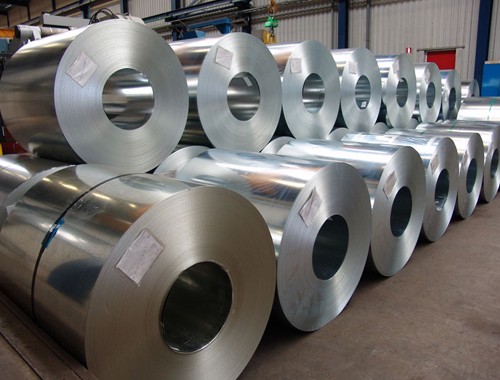
Alro plans to build distribution centre in Iowa
Michigan-based US service centre chain Alro Steel plans to build a new $20 million distribution centre in southwestern Iowa, Kallanish understands.
Earlier this month, Alro received approval from the city council of Cedar Rapids, Iowa, to receive tax incentives to build a new 199,200 square-foot distribution centre.
According to the project proposal by Alro, the new facility qualifies under the city’s high quality jobs benefit programme, as the centre will create over 40 new jobs. Under the city’s high quality jobs program, projects that create over 10 or more high wage jobs (over $24.20/hour) can receive a tax rebate, with the standard incentive deal being a 10-year, 50% increment tax rebate on the project’s investment.
“We’re attracting a new business to Cedar Rapids, going along with our big emphasis in attracting large warehousing organisations, and Cedar Rapids is really becoming a hub for warehousing on a national basis. And this is a diversified company that we’re bringing into the area,” says council member Scott Overland in support of the project, during a city council meeting.
The Cedar Rapids council estimates the investment will generate $5.2m in new taxes over a 10-year period.
Zach Johnson USA

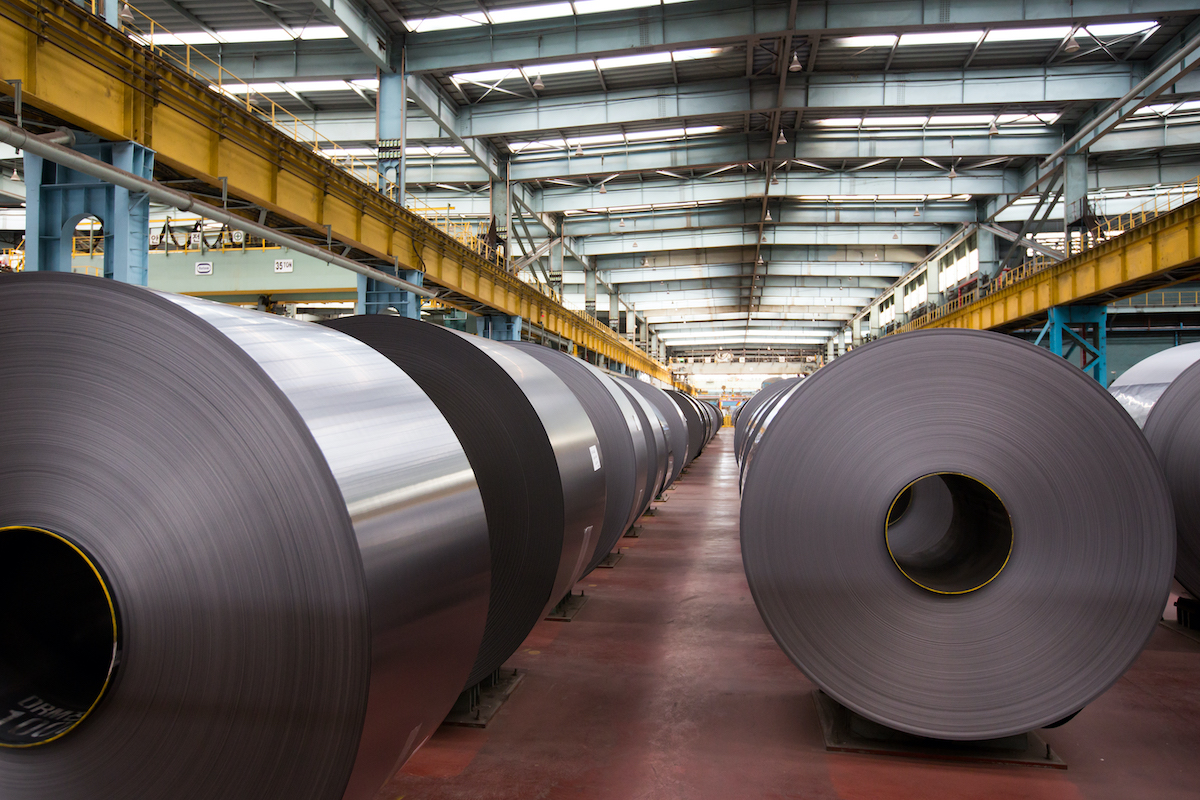
US Supreme Court asked to resolve Sec. 232 Turkish tariff dispute
The US Supreme Court is expected to decide by early next year whether to hear the case of a Turkish steel pipe producer impacted by a doubling of US tariffs against Turkey in 2018, according to a Nov. 12 statement by lawyers for pipe maker Borusan Mannesman.
International trade attorneys at Atlanta-based Morris, Manning & Martin (MMM) joined with Borusan and two other plaintiffs to file a Supreme Court petition to review a lower court decision on the Transpacific Steel v. United States case, which challenged the legality of the Trump administration’s boosting of Turkey’s Section 232 tariffs from 25% effective in March 2018 to 50% in August of that year.
The higher tariffs remained in place until May 21, 2019 when they were lowered back to 25% by President Trump.
The US Court of International Trade (CIT) agreed in July 2020 that Trump’s action violated the terms of Section 232 of the Trade Expansion Act of 1962 because he failed to follow the prescribed timeline and procedures established by the Act. But the CIT’s decision was overturned by the Court of Appeals for the Federal Circuit, which ruled that the deadlines in the Sec. 232 provision are not mandatory.
If the Supreme Court hears the case, attorneys for the plaintiffs will argue that Trump’s doubling of the tariffs “was well after the 90-day and 15-day deadlines for action had expired” and that “the deadlines in the statute are mandatory and must be enforced.”
Furthermore, MMM said in its statement that “if the deadlines are held not to be mandatory, then Section 232 is unconstitutional as an unbounded delegation of legislative authority to the President.”
Transpacific Steel, a US importer of steel, demanded in its CIT complaint that it be refunded the additional tariffs it paid after Trump’s action to double the levies for Turkey to 50% while other nations facing the tariff were kept at the initial 25% rate.
— Tom Balcerek

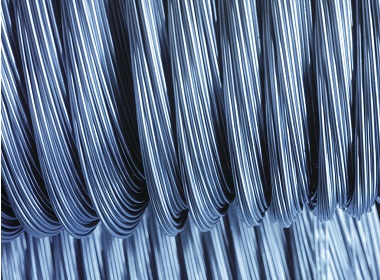
US, Japan to jointly address steel, aluminum overcapacity
US Commerce Secretary Gina Raimondo and US Trade Representative Katherine Tai have started consultations Nov. 12 with Japan to address global steel and aluminum excess capacity and take effective measures to ensure the long-term viability of the two metals industries.
“Secretary Raimondo and Ambassador Tai reiterated concerns about the impact on US industries stemming from global non-market excess capacity driven largely by China,” Commerce said in a statement. “The distortions that result from this excess capacity pose a serious threat to the market-oriented US steel and aluminum industries and the workers in those industries.”
Commerce said the consultations will also seek solutions to “strengthen the democratic alliance” between the US and Japan.
“The two countries accordingly share similar national security interests as democratic, market economies,” the department said. “These consultations present an opportunity to promote high standards, address shared concerns, including climate change and hold countries like China that support trade-distorting non-market policies and practices to account.”
The US and Japan will also discuss issues including the former’s steel and aluminum tariffs and global metal trade flows “with the aim of taking mutually beneficial and effective actions to restore market-oriented conditions and preserve our critical industries.”
After earlier meetings between the two governments, Hagiuda Koichi, Japan’s minister of economy, trade and industry, said he requested a resolution to the US steel and aluminum tariffs that are still enforced on Japanese metal under Section 232, according to a statement issued by the ministry Nov. 4.
— Nick Lazzaro
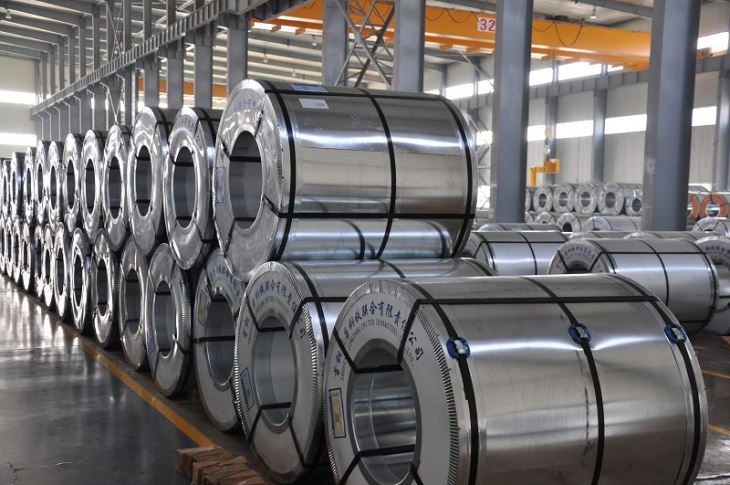
Yildiz to reach 900,000 mt/year galvanizing capacity with new line
Turkey’s Yildiz Demir Celik, announced that it is targeting to reach 900,000 mt/year of galvanizing capacity with a new line to be started in the first quarter of 2022.
The thickness of the material to be produced will be 0.20-2.00 mm and its width will be 700-1.550 mm. The coating weight will vary at 30-600 g/m², Platts learned from a company statement on its website.
The investment will significantly increase value-added steel production and increase annual turnover by 40%, said Erhan Ozdemir, deputy general manager of the company.
“We are also preparing for the third galvanizing line as our second line investment is currently in the assembly phase. We will increasingly continue our investments in this field,” the manager added.
Yildiz Demir Celik’s cold-rolling mill complex in Kocaeli, has a continuous pickling tandem line capacity of 1.5 million mt/year.
The company has 400,000 mt/year of hot-dip galvanized coil capacity, 150,000 mt/year pre-painted galvanized iron (PPGI) and 300,000 mt/year cold-rolled coil capacity.
Yildiz Demir Celik is targeting to increase its capacity further in the coming years to meet rising demand of the automotive, white goods, panel radiator, general manufacturing and construction sectors.
— Cenk Can

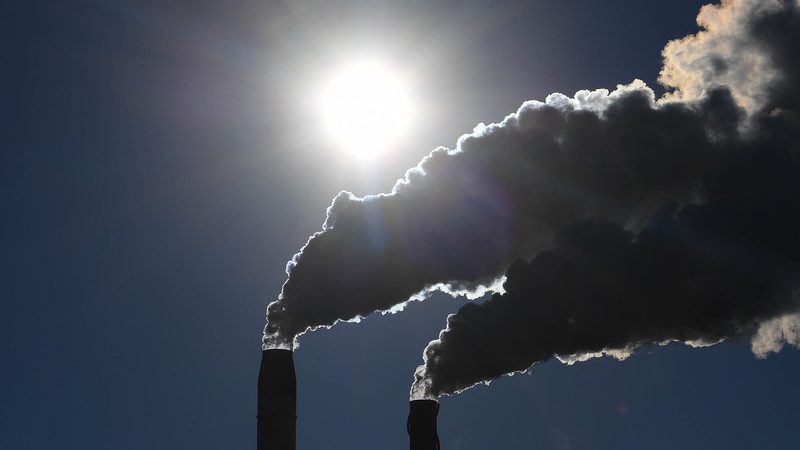
Severstal, Schneider, Air Liquide sign low-carbon agreement
Russian steelmaker Severstal has developed a climate memorandum titled “Together Towards a Low-Carbon Future” in support of global efforts to prevent further climate change, the company says.
Schneider Electric and Air Liquide are the first partners to join the initiative, Kallanish notes.
Severstal created the memorandum to commit members of its supply chain to measures that will support a reduction in their carbon footprint, as part of its focus on collaboration for decarbonisation.
The memorandum contains five guidelines as well as recommendations for their implementation. Among them is implementing the climate agenda in the practice of corporate governance; assessing greenhouse gas emissions and setting targets for their reduction; managing climate risks and adapting to climate change; supporting the development and implementation of low-carbon technologies; and building climate-responsible interaction with stakeholders.
“Agreements between manufacturers and suppliers of goods and services that declare a common commitment to decarbonisation are becoming common practice in the global business community,” says Severstal ceo Alexander Shevelev.
“Schneider Electric has consistently advocated the adoption of global measures to combat climate change and we are pleased that more and more companies are realising the need to transition to a low–carbon economy and are taking concrete actions to support an accelerated transition to a zero-carbon footprint,” notes the president of the company in Russia and CIS Johan Vanderplaetse.
“As an industrial company, Air Liquide is committed not only to reaching carbon neutrality by 2050, but also to providing its customers with a wide range of solutions and expertise to decarbonise their own activities,” says Air Liquide Russia’s general director Marilene Turcottte. “We are happy to be part of the climate memorandum and to explore with our long-term partner Severstal ways to decarbonise the steelmaking industry.”
Svetoslav Abrossimov Bulgaria

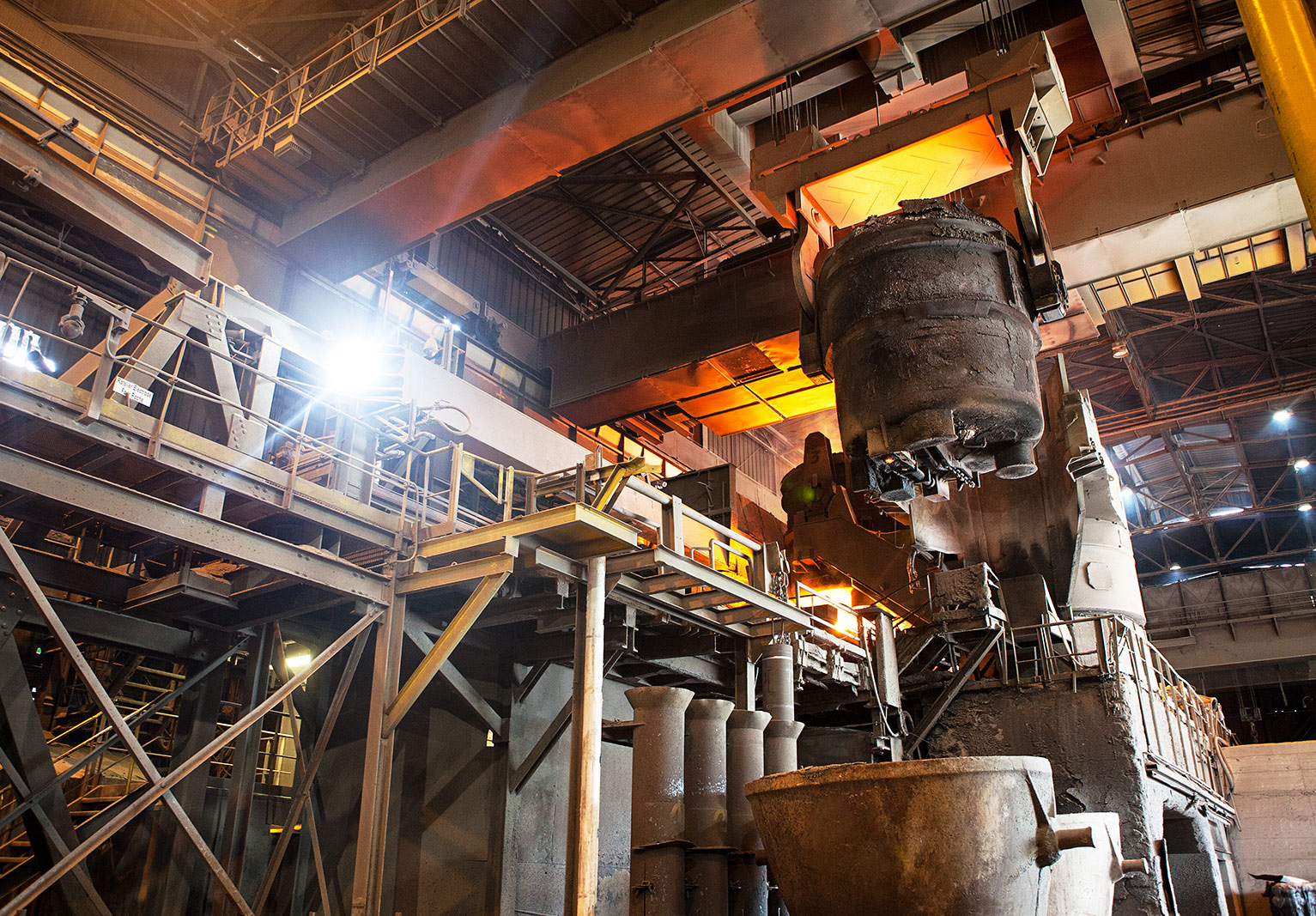
Spain’s crude steel production recovers in September
The Spanish steel sector saw activity continue to recover in September after a slight deceleration observed in the previous three months. Production rose sequentially for the first time since May, Kallanish notes.
According to the Spanish steelmakers’ association Unesid, the local steel industry produced around 1.25 million tonnes of crude steel in September. This was 12.7% more than August’s output of 1.10mt and 26.9% higher year-on-year. If compared to the pre-Covid-19 September 2019, this volume results in 2% growth.
According to Unesid data, crude steel production in September was 101,000t fewer than the 2021-high in May.
During the first nine months of the year, Spanish output reached 10.88mt. Unesid did not disclose an on-year comparison in its latest report, but taking worldsteel figures into account, the growth is estimated at almost 38.3%.
Spain used 1.01mt of ferrous scrap for steelmaking in September, up 18.5% month-on-month. This volume was also 16% and 21% over the same month in 2020 and 2019, respectively. Cumulative scrap usage was 8.57mt, representing 78.8% of total crude steel production in the nine-month period.
Todor Kirkov Bulgaria

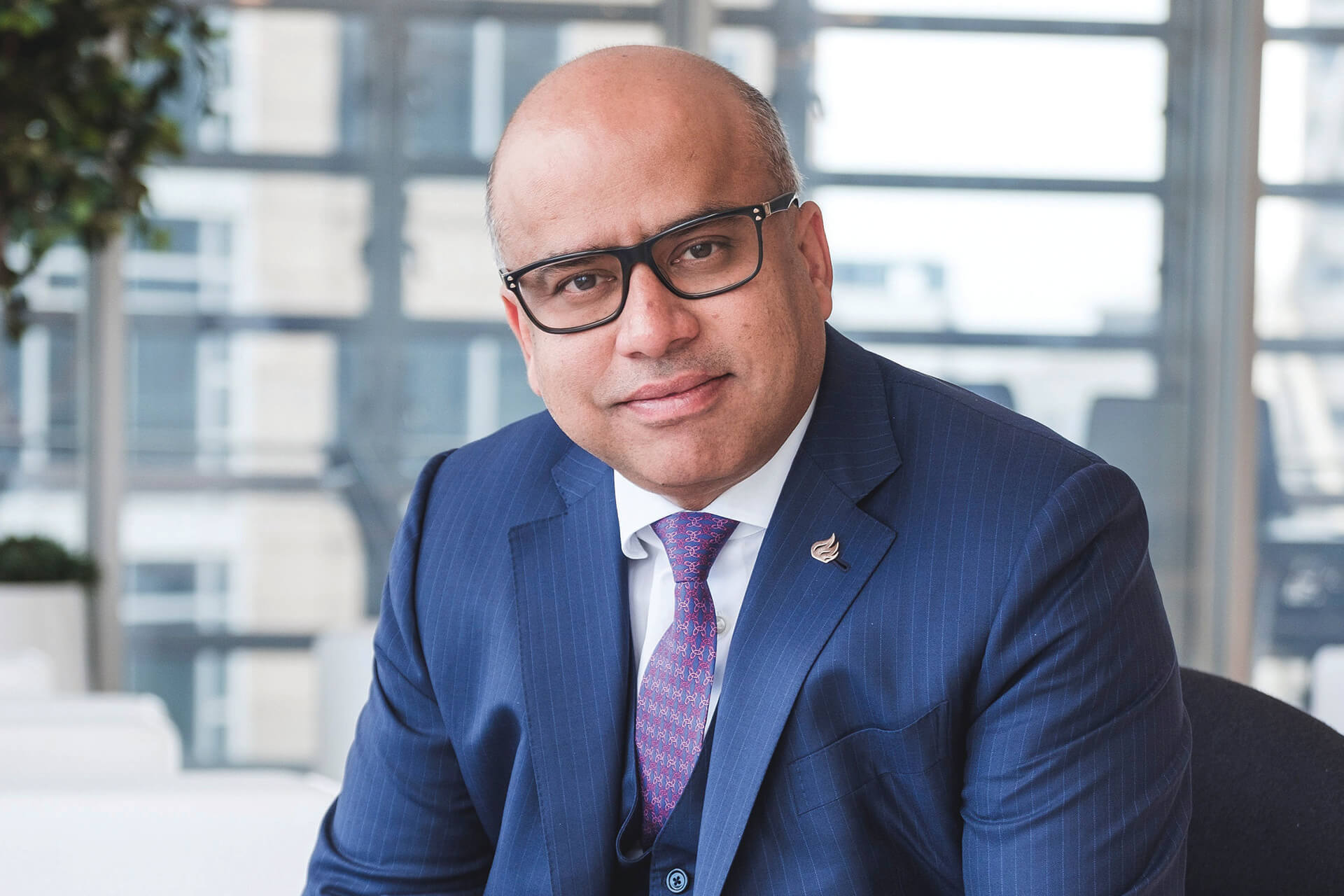
GFG improves labour dialogue in Europe
GFG Alliance has created a European Works Council (EWC) in an effort to improve its social dialogue with trade unions across Europe, Kallanish learns from the company.
After negotiations with European employee representatives, executive chairman Sanjeev Gupta and GFG’s chief HR officer Denise Timns signed the GFG Alliance European Works Council Agreement. The EWC Council will be composed by representatives of more than 18,000 GFG Alliance employees in 10 European countries, including the UK and North Macedonia, and will meet twice per year.
“The agreement has been developed, facilitated by IndustriAll Europe, to be in line with the European Directive 2009/38/EC of the European Parliament and its transposition into Czech Labour Code nb 262/2006 CL. It is also in the spirit of the European Commission’s Community Charter of the Fundamental Rights of Workers. It will be available in eight languages (Czech, Dutch, English, French, Italian, North Macedonian, Polish and Romanian) to ensure it is accessible to employees across all of GFG’s European businesses,” the steelmaker says in a note.
The company is undergoing financial scrutiny in France and the UK. While the Paris tribunal is investigating the company for misuse of corporate assets and money laundry, in the UK MPs have issued a damning report on GFG governance. The Energy and Industrial Strategy Committee report says a number of high-risk financial practices were used by GFG Alliance and Greensill Capital that are at odds with the requirements of any future steel sector deal. An audit performed on Liberty Steel UK by King & King also found risks to the businesses including a lack of capacity to complete audits effectively (see Kallanish passim).
Natalia Capra France

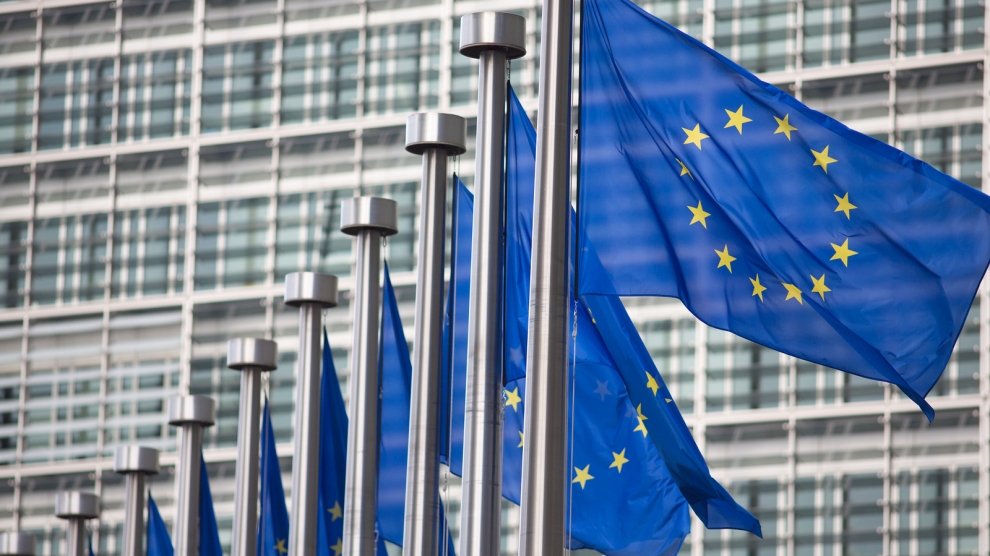
EC’s waste shipment regulations worry global scrap industry
Free and fair trade is absolutely needed when it comes to raw materials from recycling that are meeting international industrial specifications and for which the market is both European and global, said Emmanuel Katrakis, secretary general of the European Recycling Industries’ Confederation in a Bureau of International Recycling (BIR) webinar this week.
Extending restrictions to materials from recycling which are “unlikely to pose any problem” if exported beyond the EU would be akin to “throwing the baby out with the bath water,” he says. “Recycling is intrinsically resource-efficient and climate-efficient,” adds Katrakis.
The webinar was hosted under a cloud of apprehension ahead of the imminent release of the European Commission’s proposed revision of EU waste shipment regulations, Kallanish notes.
The draft proposal scheduled for publication on 17 November appears to demand much tighter rules for EU exports of green-listed waste, covering a number of raw materials from recycling (RMR), except in cases where the conditions applied in the receiving country are “broadly equivalent” to those within the EU itself.
“The circular economy exists already – it’s just that it’s not local,” declares IEC chairman Olivier François of Galloo in Belgium/France. “It’s a circular economy at a global level. This circular economy is working.” EU export restrictions could well lead to retaliatory action by other countries, he warns.
The Institute of Scrap Recycling Industries is “very, very worried” about the likely content of the European Commission’s draft proposal, confirms Adina Adler, the US body’s vice president of international affairs. “Free and fair trade of recycled commodities works,” she says, adding that export restrictions would negatively impact jobs, local economies and tax revenues, as well as potentially compromising recycled content and circular economy requirements.
Concern was expressed by BIR trade & environment director Ross Bartley that the impact of an EU export ban or restrictions “may well be felt very quickly.” During the financial crisis in 2008-2009, he recalls, markets collapsed but collections continued largely as before, resulting almost immediately in storage problems.
Rather than export restrictions, the EU should be concentrating on rewarding benefits accrued from recycling so as to “level the playing field with virgin materials,” argues Katrakis. “When it comes to market- and fiscal-based incentives, there is absolutely nothing.”
Burcak Alpman Turkey

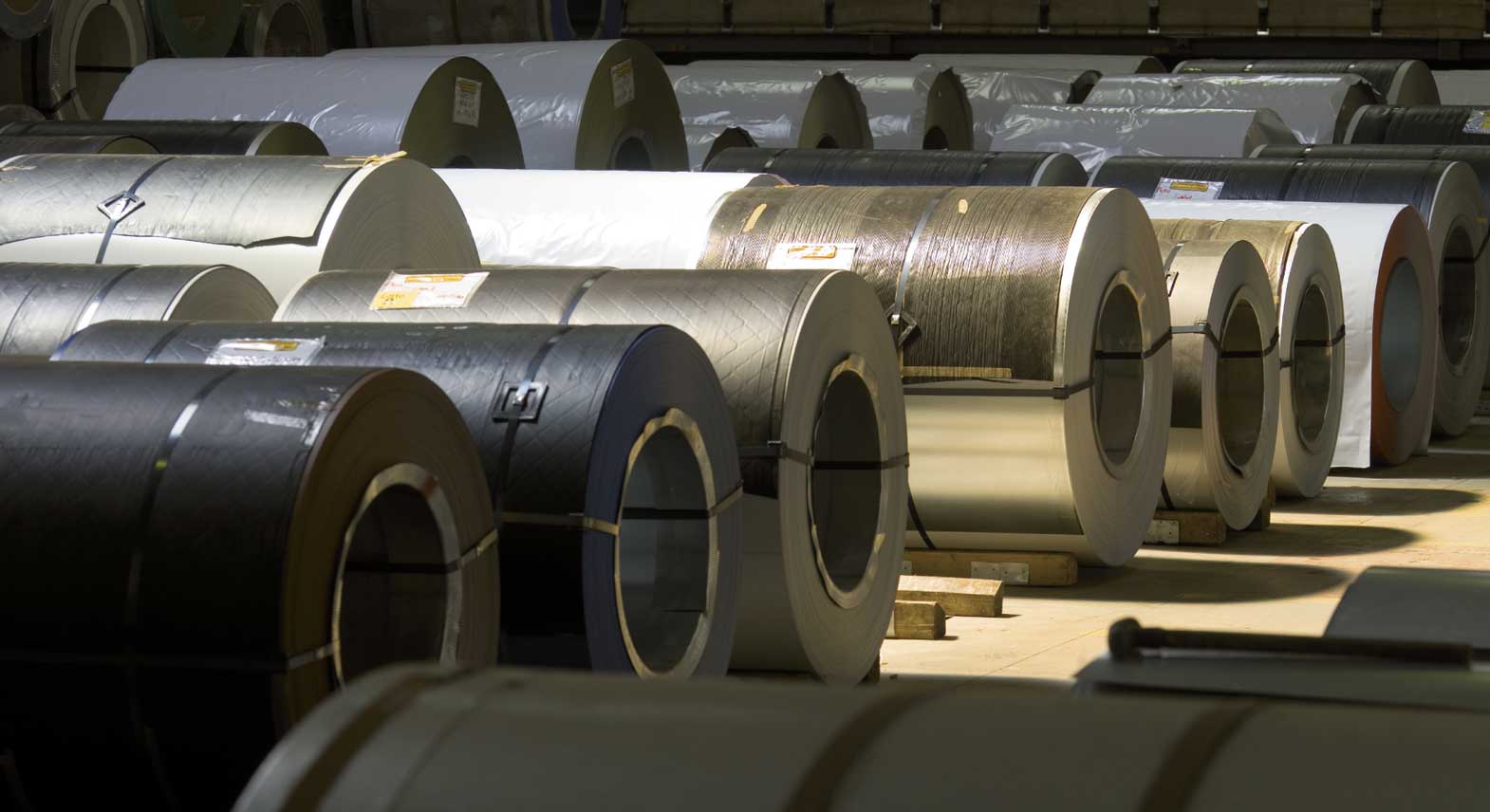
EU market avoids HRC imports, mills look to export as stocks rise
North European HRC prices continued to be stable Nov. 11 as demand remains stable to low, with buy-side participants choosing to wait until automotive contracts are agreed, which will set the precedent for long-term pricing development.
As inventories rise due to untaken automotive volume, mills are desperate for spare warehouse space, with some actively exporting to neighboring Turkey and Egypt. Buyers have lost interest in higher import prices amid shorter lead times from domestic mills, sources told S&P Global Platts.
The market has reached the bottom, and expectations of higher prices lie ahead, though it was difficult to determine the actual market level for Q4, sources said.
“It is difficult to know what the real price is. From the lower side, Eur900/mt, but when you do business for Q1 it’s above Eur1,000/mt,” a European mill source said. “For those who need to sell for Q4, it is easiest to export to the US, where mills will have a higher priced market. For this reason, I expect a more positive trend.”
All market signals were pointing toward the outcome of automotive contracts, with additional positive signs from automotive maker Skoda, which returned to production two weeks prior.
“If this is clearer for everybody, mills won’t lower prices and movement will start. Contracts will be in favor of mills – they are in a stronger position because of the prices this year,” the mill source said.
Expected contract prices were between Eur1,000-1,050/mt delivered Europe for HRC, a potential Eur600/mt increase from the previous year’s contracts.
Meanwhile, a Benelux buyer source was skeptical about higher prices in Q1, and said it was all based on the demand situation from auto and other industries.
“I think it’s fairly quiet, if demand is not good, they (mills) have to lower prices,” the buyer said. “Depends on demand from auto but also 50%-60% of the rest of the market, which is the other industry.”
The buyer said stock positions in the Benelux were manageable and not “increasing badly” due to logistical problems in discharging material from the port and delivering it to the warehouse.
— Amanda Flint

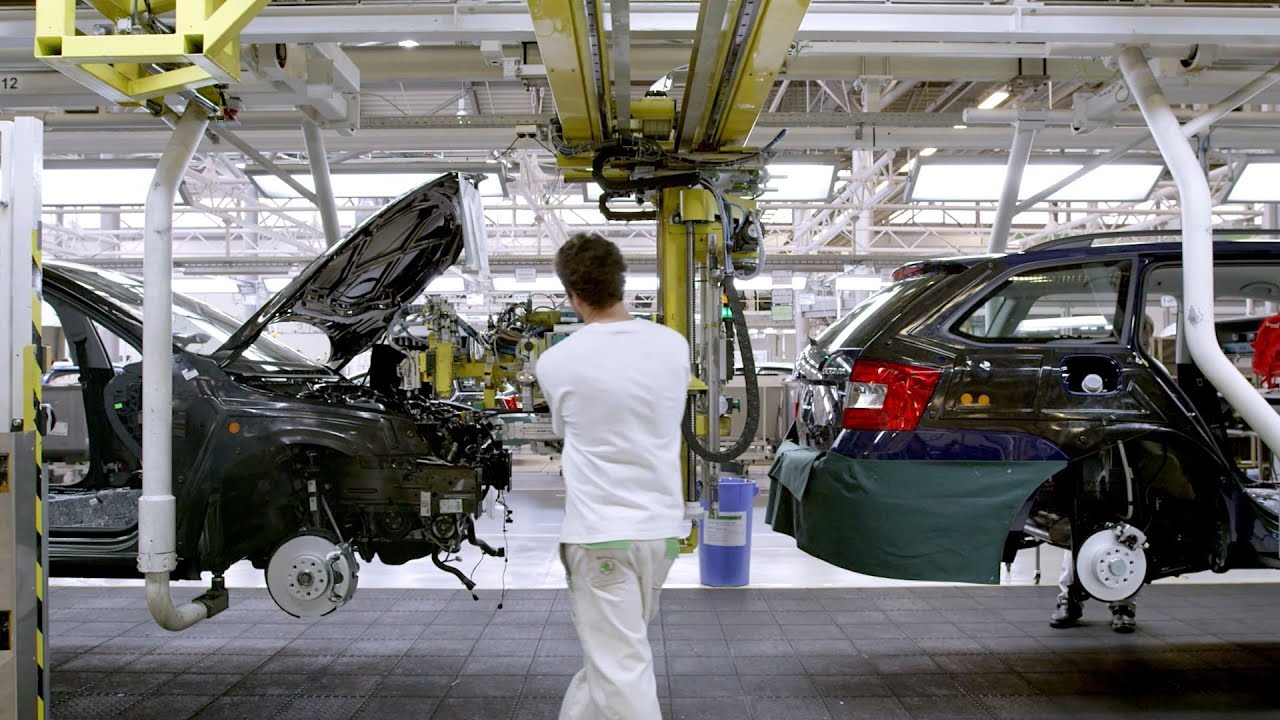
Automotive order cancellations hit ArcelorMittal Europe shipments
ArcelorMittal Europe saw steel shipments fall 8% on-year and 9% on-quarter in the third quarter to 7.55 million tonnes as a result of weaker demand amid late cancellations of orders by the automotive sector. Moreover, logistic constraints linked to severe floods in July also curbed shipments.
Crude steel production was up 15% on the previous year at 9.09mt, but this was down 3% on-quarter. Sales rose 60% on-year and 5% on-quarter to $11.2 billion and operating income was $1.9 billion, versus a loss of $341 million a year earlier and up 60% on Q2. Average sales price was $1,098/tonne versus $948/t in Q2 and $651/t a year earlier.
Steel shipments in the nine months through September were up 2% on-year to 24.86 million tonnes, while crude steel output rose 13% to 28.17mt. Sales surged 73% to $31.26 billion and operating income was $3.79 billion versus a year-earlier loss of $995m.
Strong steel prices helped ArcelorMittal post in Q3 its highest consolidated net income and lowest net debt since 2008 (see separate Kallanish story). Steel shipments however dropped 17% on-year and 9% on-quarter to 14.6mt.
Adam Smith Germany


